ダイワ 20ルビアスFC LT 2000S 使用回数少ない 美品
(税込) 送料込み
商品の説明
人気シリーズ/モデル···DAIWA ルビアス
1年前にアジングのサブタックル用で購入しましたが、使用機会がが無い為出品いたします。
使用回数は2、3回の釣行といった所です。
メインでは無かったのでほんの数投程度使用です。
目立った傷や汚れも無く美品の部類かと思います。
使用感も、ゴリ感シャリ感も無く、ヌルヌルの巻心地です。
付属品も全て揃っています。
MADE IN CHINA です。商品の情報
| カテゴリー | アウトドア・釣り・旅行用品 > フィッシング > リール |
|---|---|
| ブランド | ダイワ |
| 商品の状態 | 目立った傷や汚れなし |

ダイワ 20ルビアスFC LT 2000S 使用回数少ない 美品 - リール

Amazon | ダイワ(DAIWA) 一般 スピニングリール 20 ルビアス FC
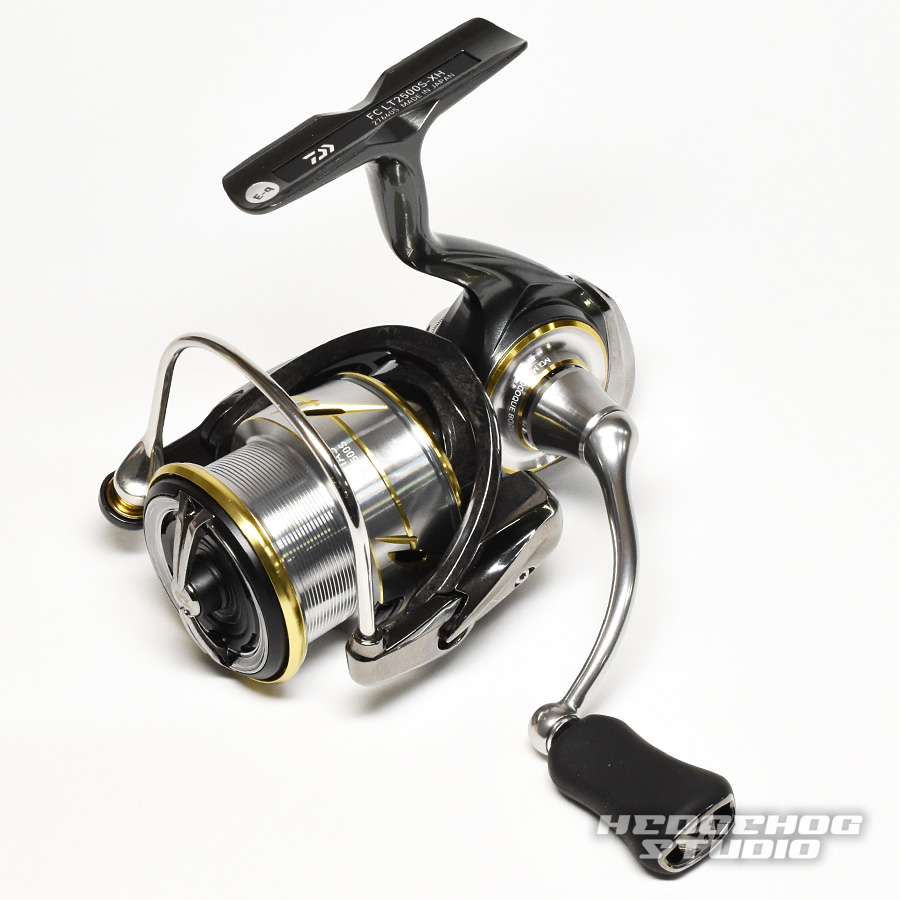
オンライン購入 ダイワ 20ルビアスFC LT 2000S 使用回数少ない 美品

ダイワ(Daiwa) 20ルビアス FC LT2000S 00060200|アウトドア用品・釣り
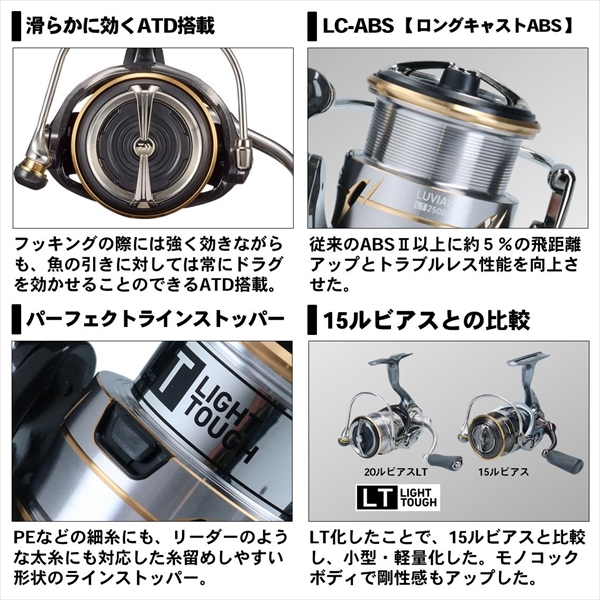
オンライン購入 ダイワ 20ルビアスFC LT 2000S 使用回数少ない 美品

ウェブアウトレットア 20ルビアス FC LT 2000S | www.oitachuorc.com

専用)20 ルビアス FC LT 2000s + SLPWORKS スプール ダイワ 販促応援

オンライン購入 ダイワ 20ルビアスFC LT 2000S 使用回数少ない 美品

ダイワ 20ルビアスFC LT 2000S 使用回数少ない 美品リール 売り半額
目玉商品】ダイワ 20 ルビアス FC LT 2000S-XH (2020年モデル

ダイワ】20ルビアス FC LT2000S, FC LT2000S-XH, FC LT2500S, FC

ダイワ 20ルビアス LUVIAS FC LT2000S 美品-
DAIWA ダイワ 20ルビアスFC LT 2000S スピニングリール 2276375 やや傷
ダイワ ルビアス FC LT2000S (リール) 価格比較 - 価格.com

ダイワ 20ルビアス LUVIAS FC LT2000S 美品-

20ルビアスFC LT2000S 女の子向けプレゼント集結 - リール

DAIWA 20ルビアス2000S-

オンライン購入 ダイワ 20ルビアスFC LT 2000S 使用回数少ない 美品

ダイワ 20ルビアスFC LT2500s - リール
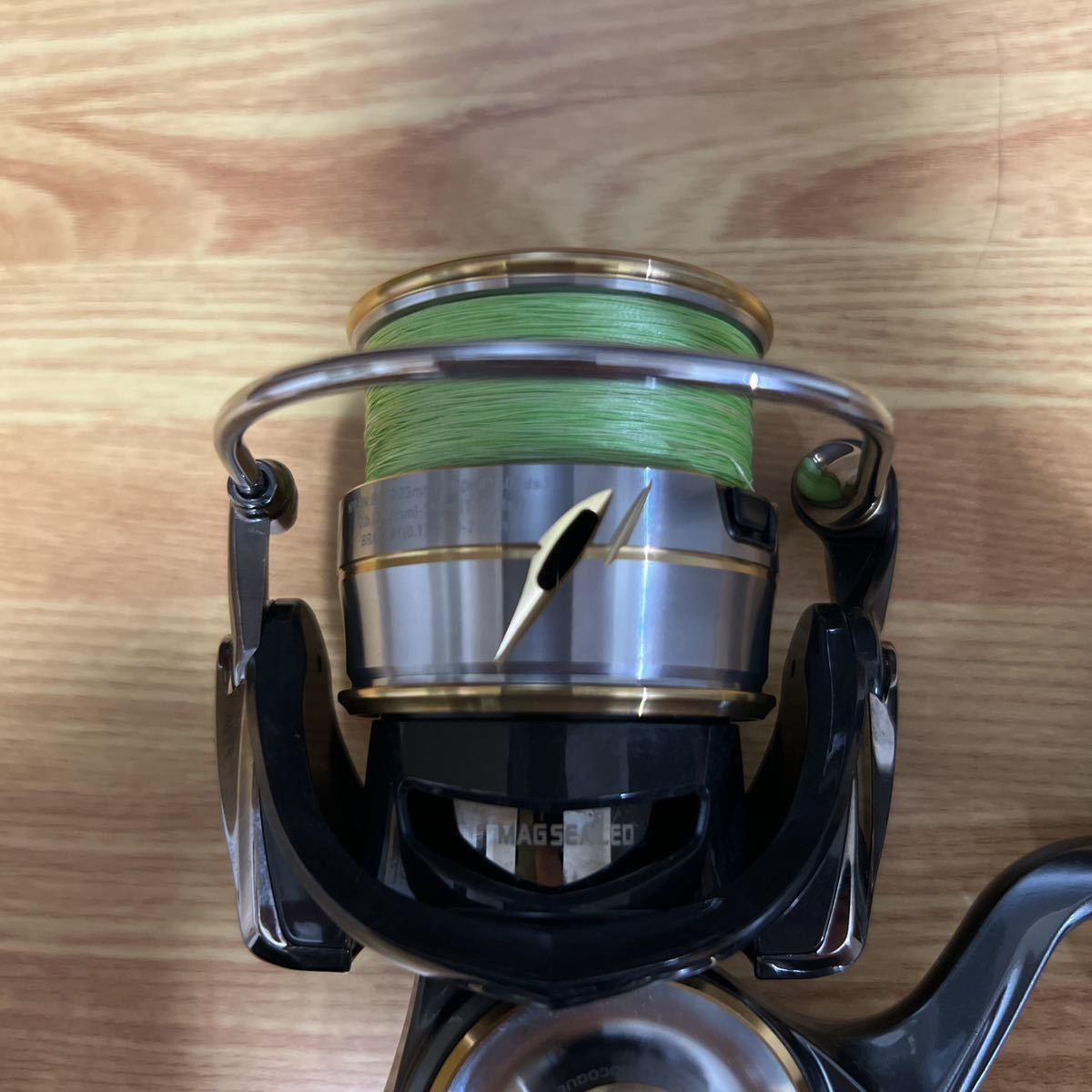
送料無料!! ダイワ DAIWA 20ルビアス lt 3000-xh ベアリング追加 pe0.8号付き 使用回数少ない 美品

お得なセール 20 ルビアス FC LT 2000 S | temporada.studio

美品 ダイナミック DYNAMIC ST300 使用回数少ない-

20ルビアスFC LT2000S 女の子向けプレゼント集結 - リール
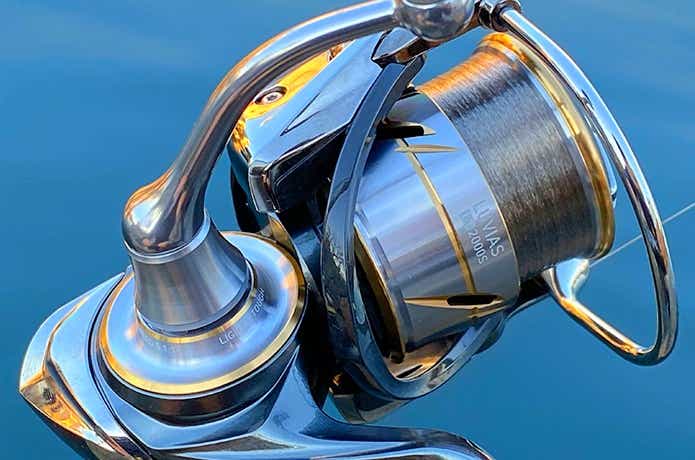
DAIWA 20ルビアス2000S-
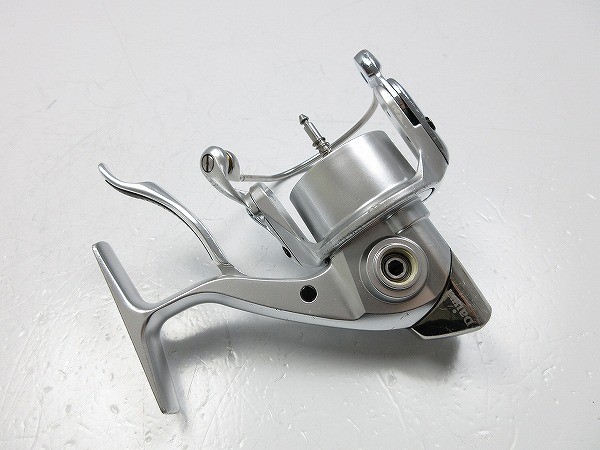
ブランド雑貨総合 ダイワ ボディ /管理AP3783/04 2500LBD ISO 06
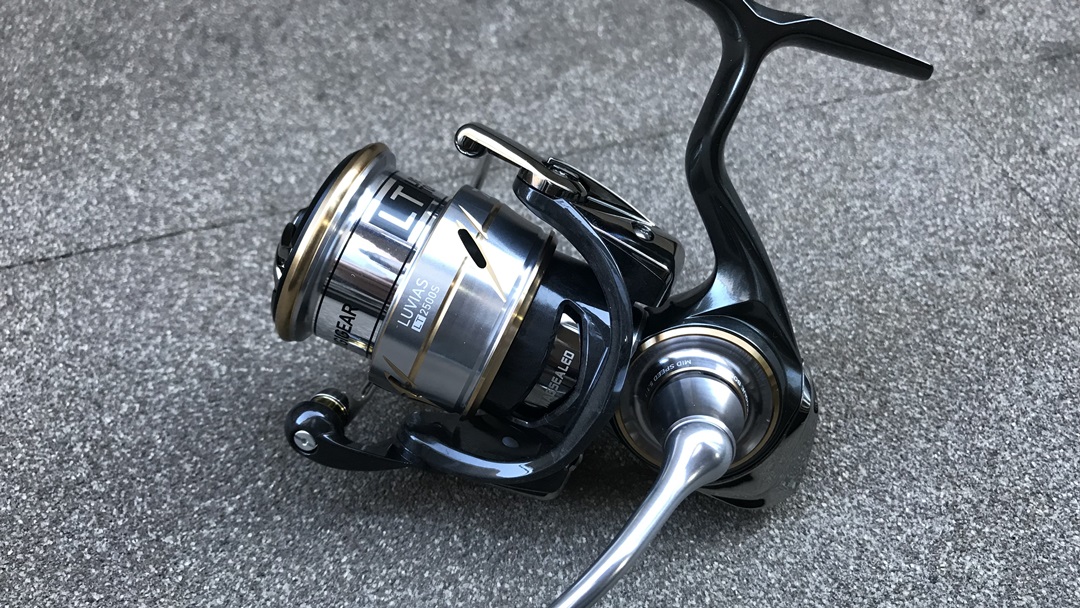
ダイワ 20ルビアスFC LT2500s - リール
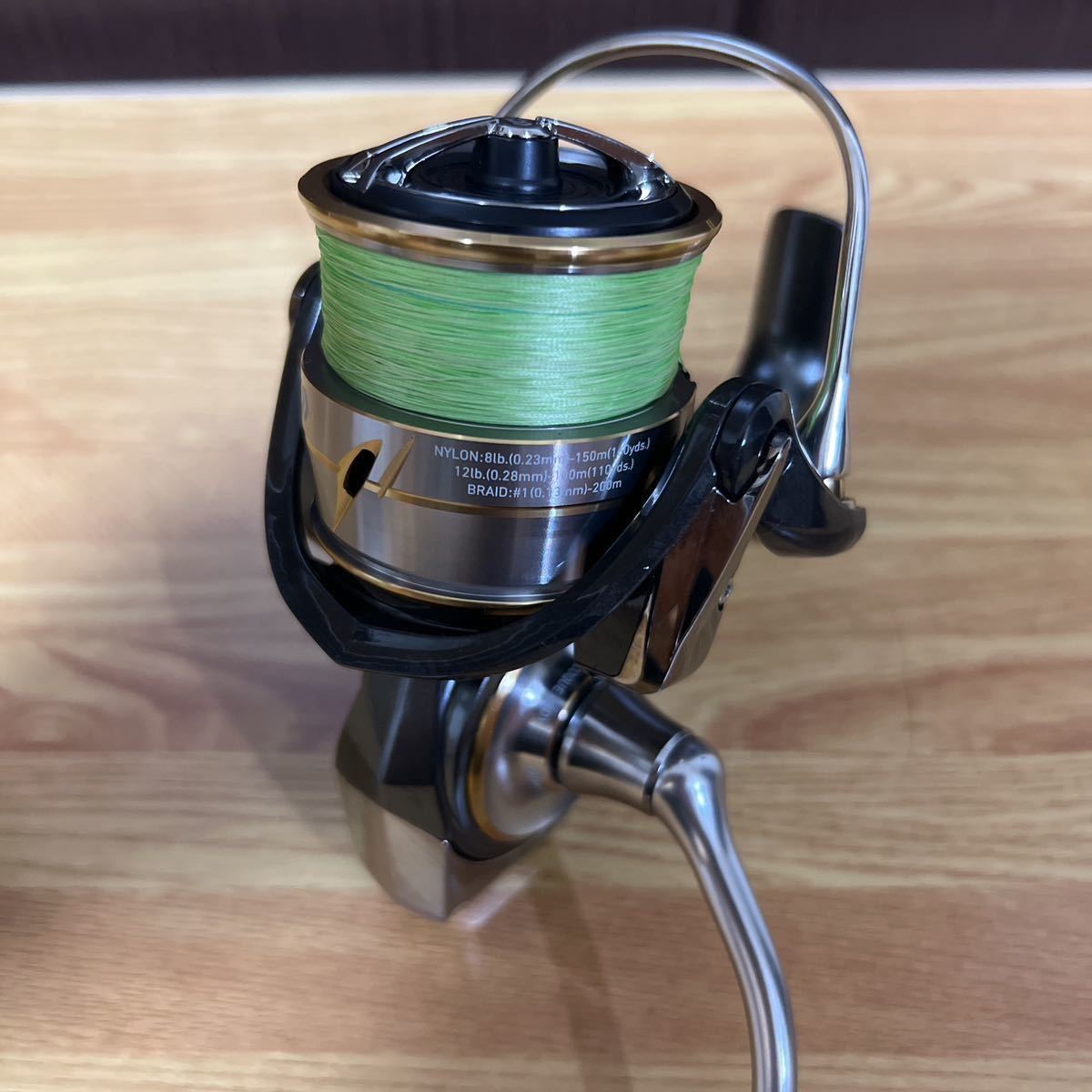
送料無料!! ダイワ DAIWA 20ルビアス lt 3000-xh ベアリング追加 pe0.8号付き 使用回数少ない 美品

ダイワ 20ルビアス LUVIAS FC LT2000S 美品-
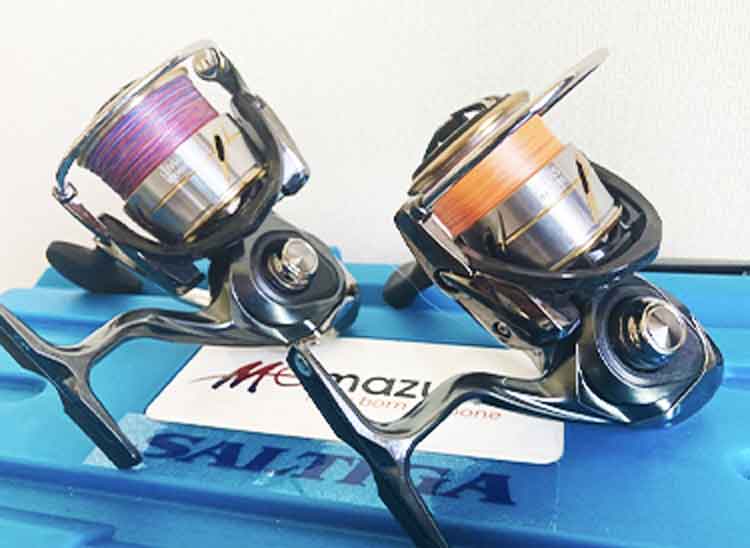
ダイワ 20ルビアス FC LT 2000S | nate-hospital.com

ダイワ 20ルビアスFC LT2500s - リール
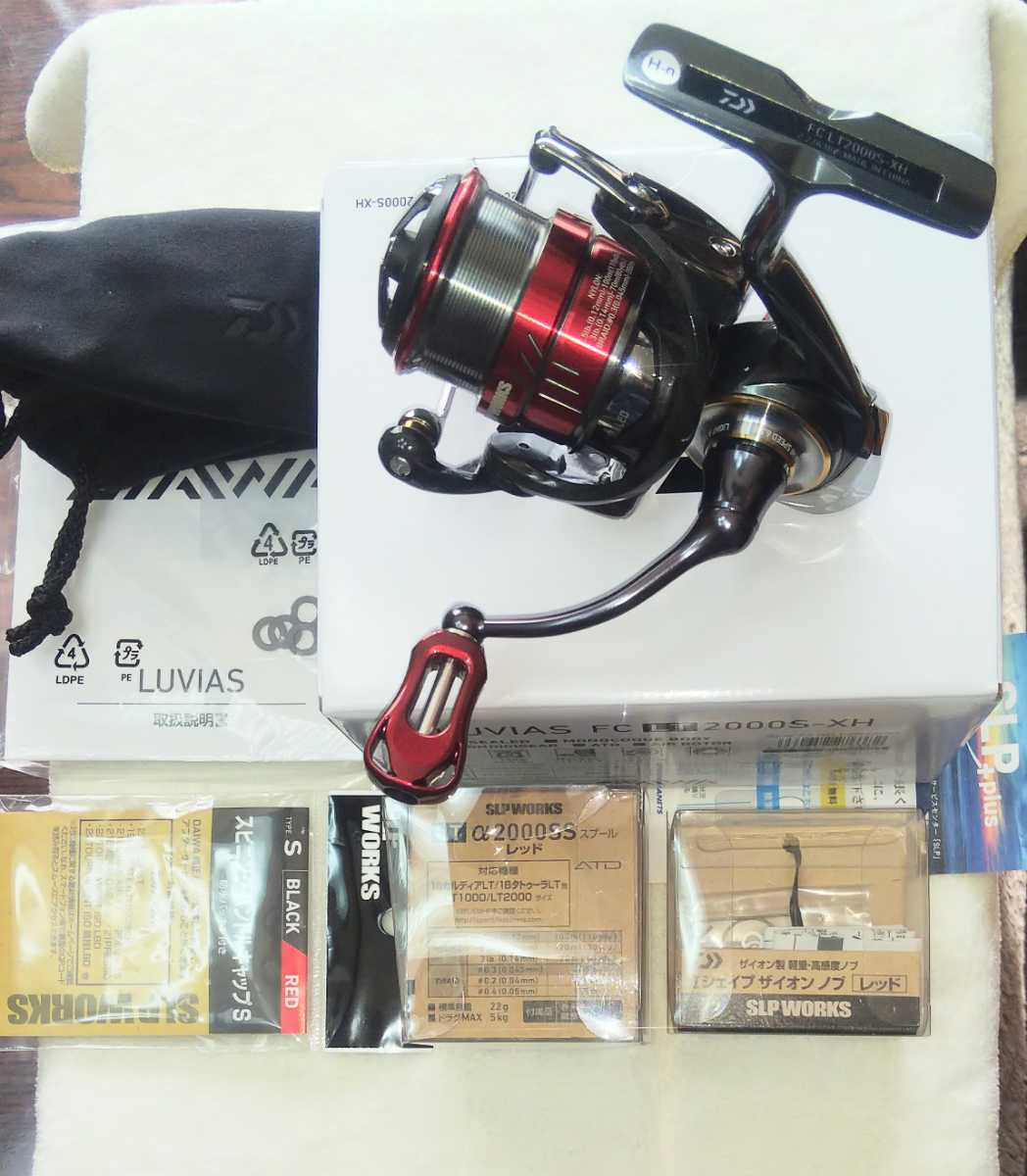
DAIWA 20ルビアス2000S-
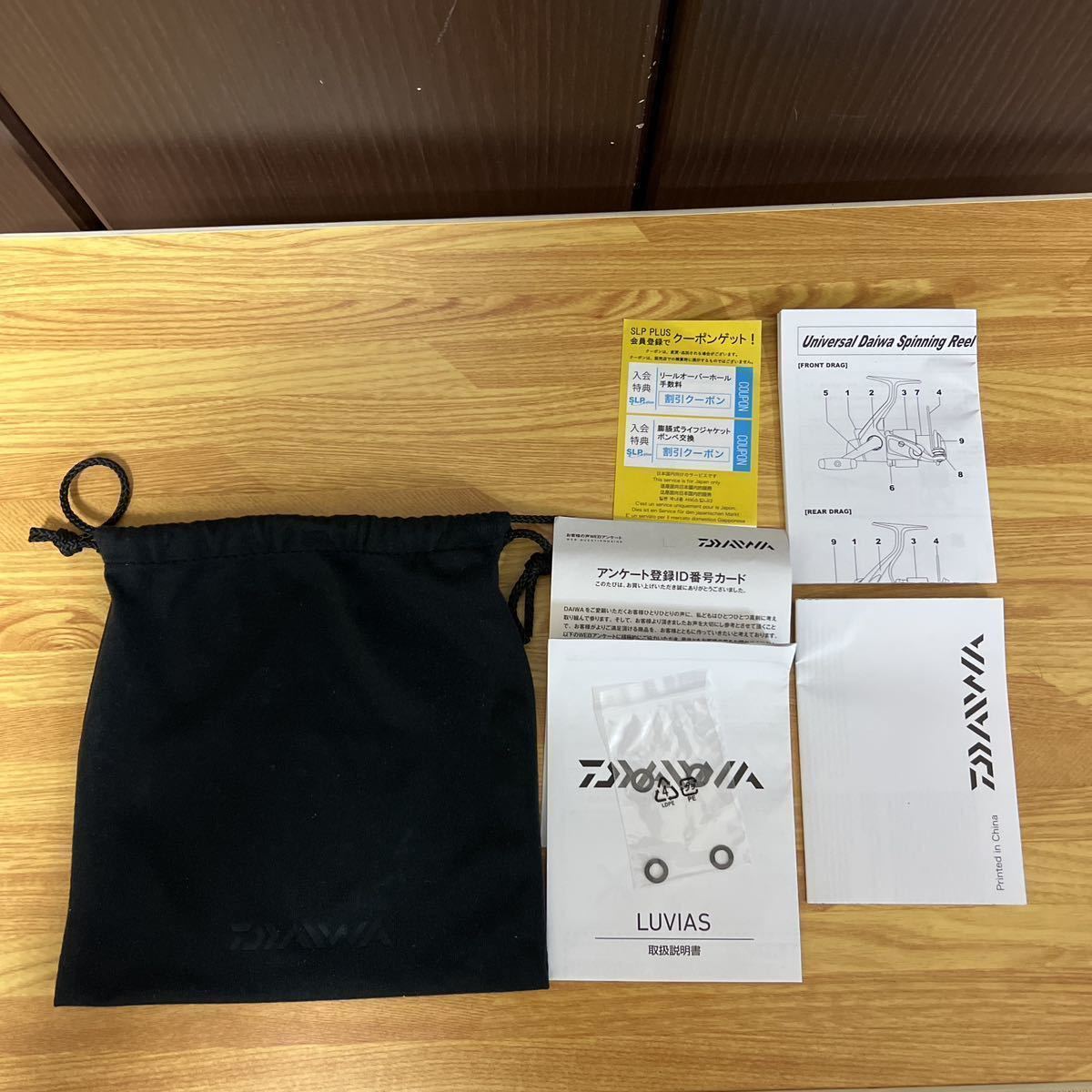
送料無料!! ダイワ DAIWA 20ルビアス lt 3000-xh ベアリング追加 pe0.8号付き 使用回数少ない 美品

20ルビアスFC LT2000S 女の子向けプレゼント集結 - リール
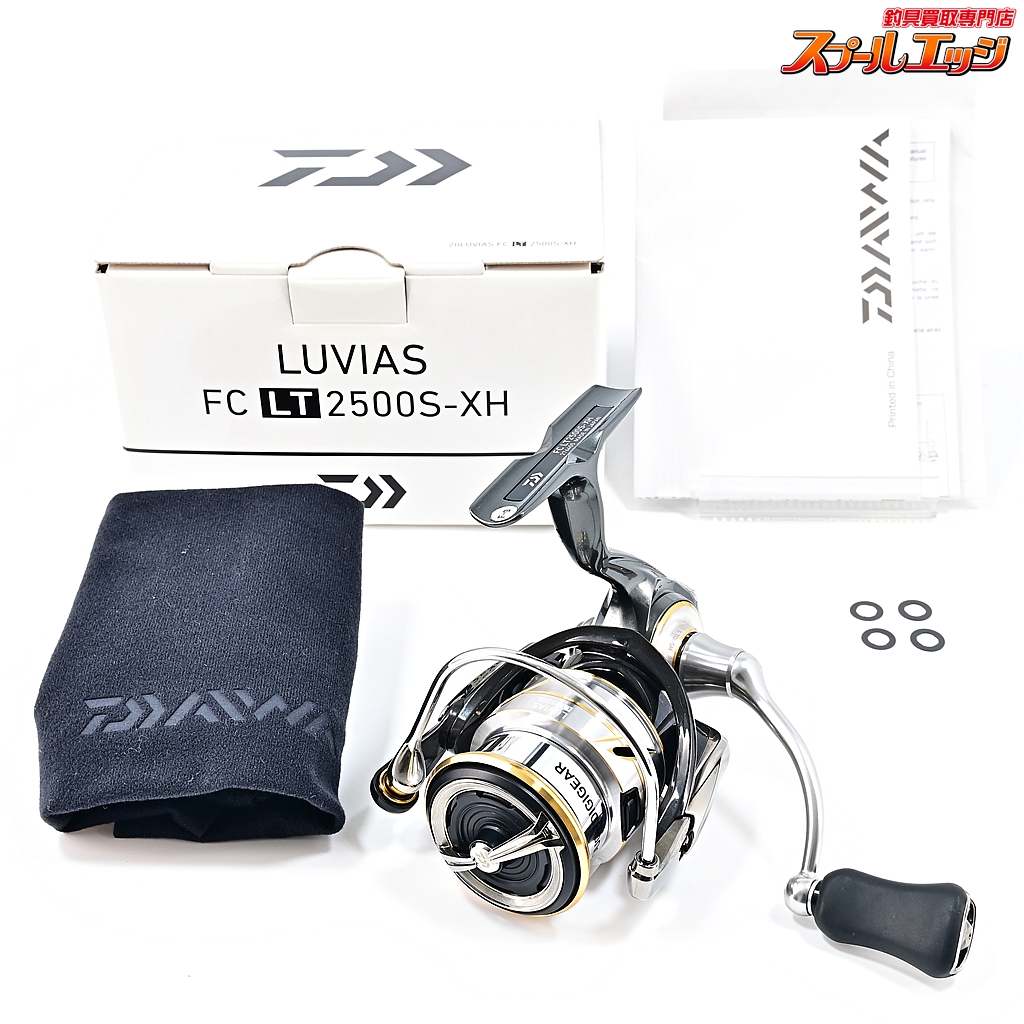
アウトドア・釣り・旅行用品ダイワ 20 ルビアス FC LT
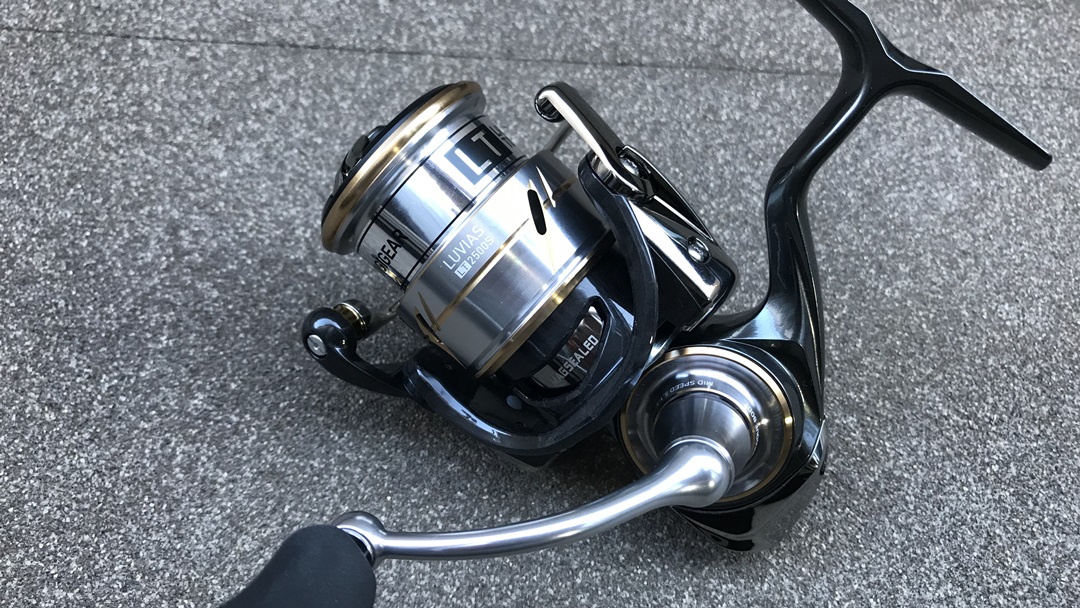
ダイワ 20ルビアスFC LT2500s - リール

専用)20 ルビアス FC LT 2000s + SLPWORKS スプール ダイワ 販促応援
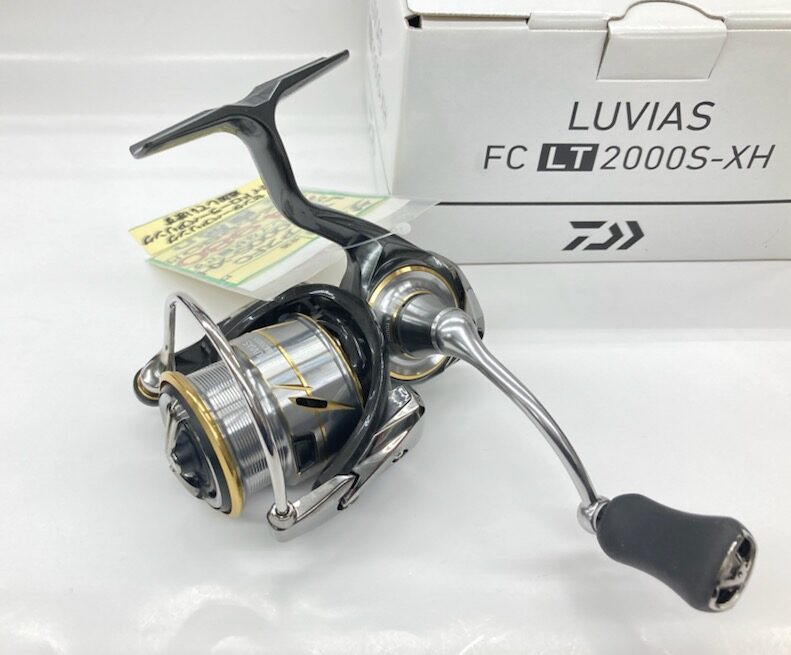
2000番スピニングリール 買取! ダイワ 20 ルビアス FC LT 2000 S – XH

ダイワ 20ルビアス LUVIAS FC LT2000S 美品 最新最全の - リール
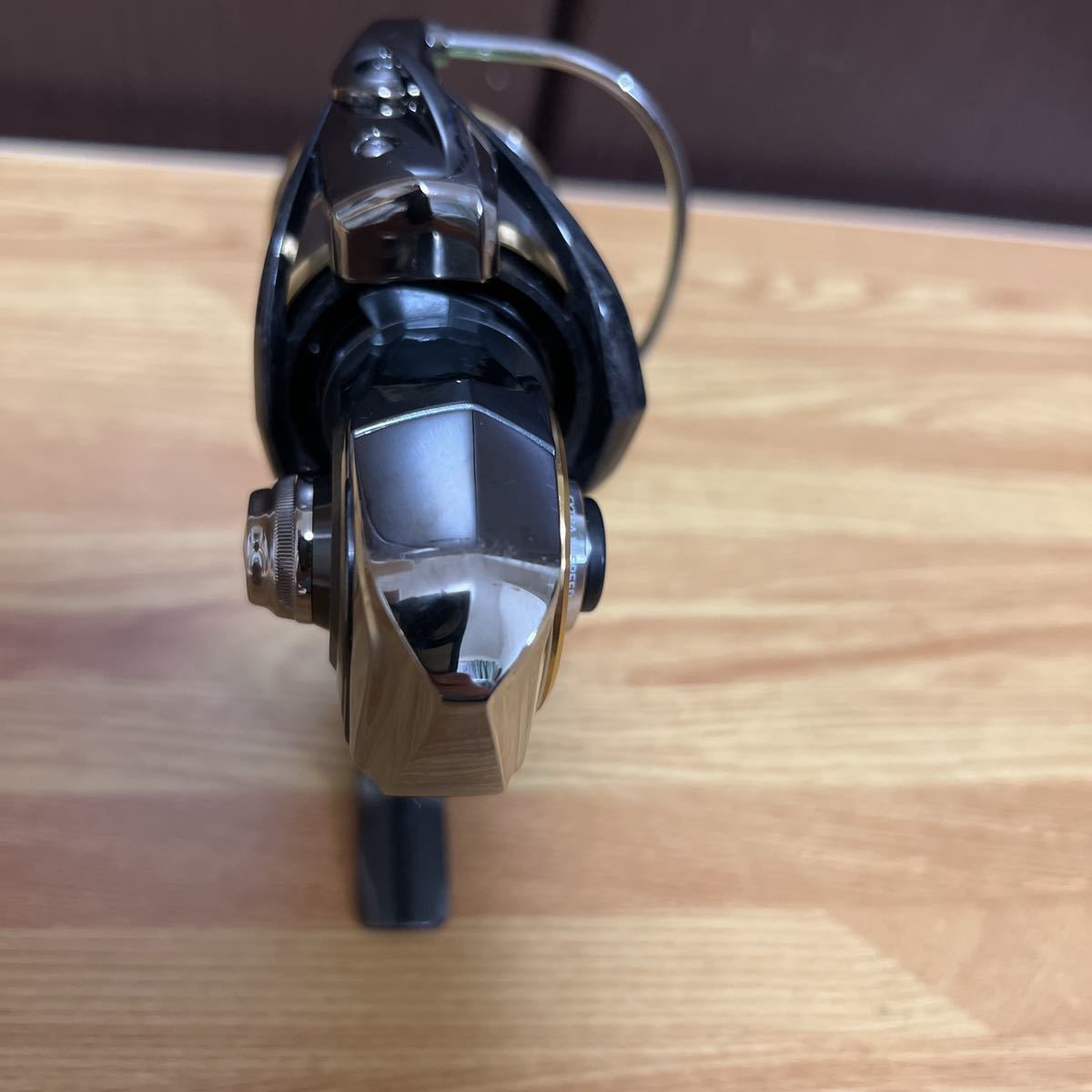
送料無料!! ダイワ DAIWA 20ルビアス lt 3000-xh ベアリング追加 pe0.8号付き 使用回数少ない 美品

ダイワ】20ルビアス FC LT2000S, FC LT2000S-XH, FC LT2500S, FC









商品の情報
メルカリ安心への取り組み
お金は事務局に支払われ、評価後に振り込まれます
出品者
スピード発送
この出品者は平均24時間以内に発送しています














